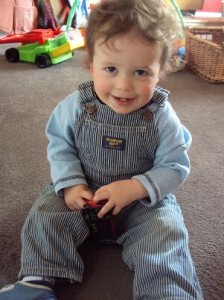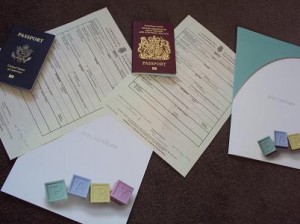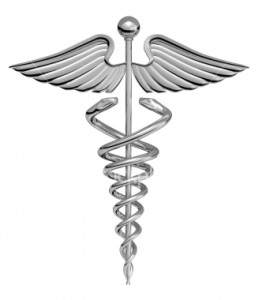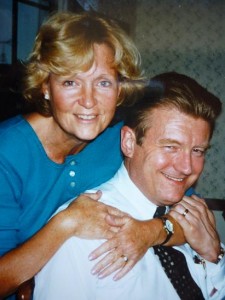When we’re born, we all become citizens of someplace. I was born in Chicago, Illinois, USA, as were our seven children. Nate was born in Galesburg, also in Illinois, and the USA. These bits of information become an anchor throughout our lives, topping many a form and application.
Katy, Nicholas and the newborn twins were born into British citizenship and have many rights and privileges Hans doesn’t have in England, even after marrying a citizen of the UK. The locale of our birth matters, not just when you’re young but always, no matter where you live or what you do.
In recent months, Hans worked hard to “up” his status with the British government, a complicated, months-long procedure. His original birth certificate was important in the process as proof that he really was Hans Nyman, citizen of the USA. He chose to retain his American citizenship, which no doubt complicated the task. My question was, can someone be a citizen of two separate locations? After all, you can only be born in one place at one specific time.
Our British family has answered that for me. Little Nicholas, only 16 months old, is already a citizen in two places: the UK and the USA. Katy worked diligently on an inch-thick stack of forms to accomplish this before he was even three months old. So our little grandson is now an official citizen of both Britain and America. He has passports and citizenship papers in both countries.
As an adult, Nicholas will find it quite useful to be able to come and go as he pleases, out of and back into the two most powerful nations of the world. He’ll be able to own property, conduct business, have a bank account, vote and stay indefinitely without any rigmarole from authorities, both in England and America.
Today Katy began the same process toward dual-citizenship for the twins, making a trip into town to officially register their births. Arriving home with several copies of their freshly minted birth certificates, she has started the ball rolling. And the whole thing is predicated on the fact that the babies’ parents were born in different countries with certification to prove it. As a matter of fact, the British-born twins have their father’s Chicago, Illinois, USA birth locale printed on the new birth certificates secured today.
Ultimately, however, these powerful credentials will become null and void. In the end, birth locations won’t matter. Nate is a case in point. He left his entire file cabinet behind when he died, birth certificate, social security number and all, taking up residency in a brand new locale on a permanent basis. Those critical citzenship papers mean nothing to him now and have no power over him. 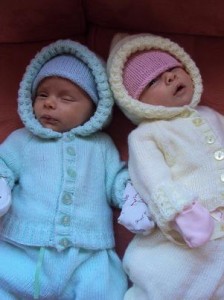
Although he didn’t need documentation to safely cross the border into paradise, he did need one important reference, something far superior to an earthly birth certificate or passport. He needed the sanction of Jesus Christ, the creator and controller of both heaven and earth. And if Nate was quizzed about his qualifications to cross over, the only thing he needed was his belief in Jesus as the Son of God, the Savior of his soul. With that, the Lord swung wide the gates to welcome him home.
“Our citizenship is in heaven, and we eagerly await a Savior from there, the Lord Jesus Christ, who, by the power that enables him to bring everything under his control, will transform our lowly bodies so that they will be like his glorious body.” (Philippians 3:20-21)

